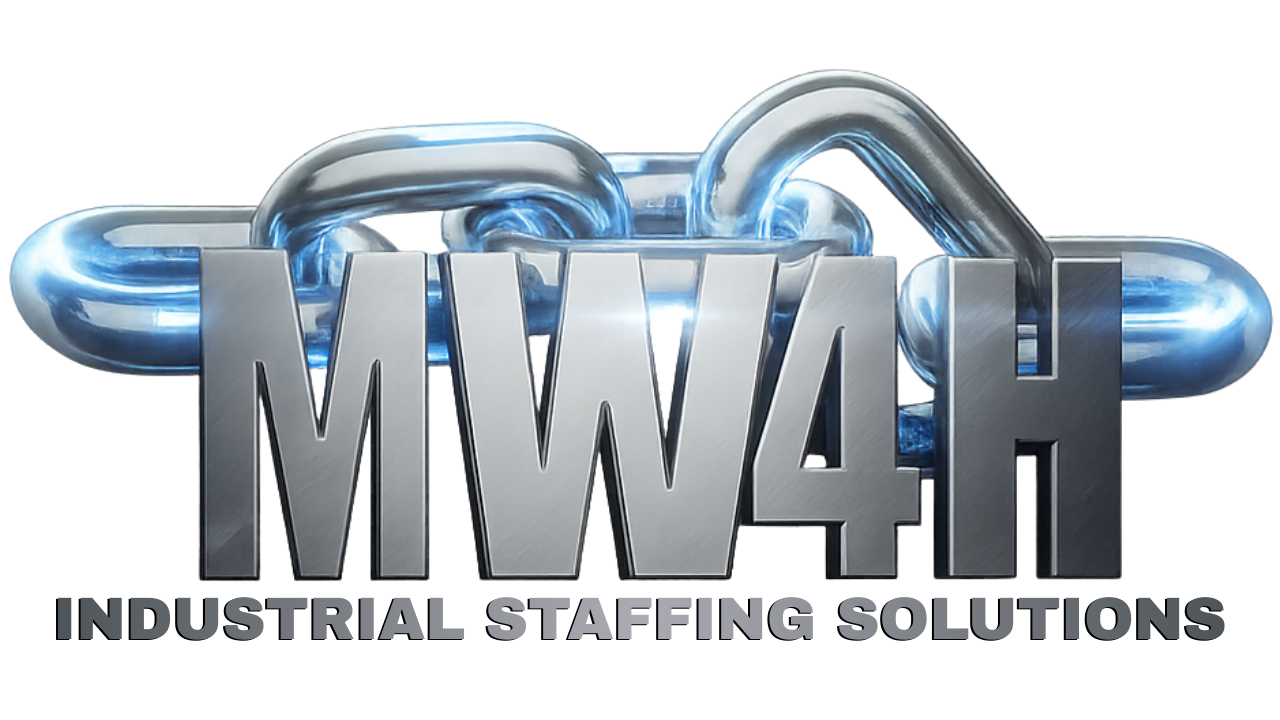



Agriculture has always been the backbone of many economies across the globe, providing food, raw materials, and employment opportunities. However, as farming practices evolve and new challenges emerge, farmers face increasing difficulty in managing the workforce necessary to maintain their operations. In today’s fast-paced and ever-changing agricultural environment, the role of an agricultural employment agency has become increasingly vital. These agencies bridge the gap between farmers who need skilled labor and workers seeking employment in the agricultural sector.
The dependency on agricultural employment agencies has grown in recent years due to several factors, including labor shortages, seasonal demands, and the complexities of modern farming. Farmers are no longer simply relying on their local community for labor but are turning to specialized agencies that can provide a more consistent, skilled, and efficient workforce.
As the global population continues to grow, so does the demand for food. According to the United Nations, the world’s population is expected to reach 9.7 billion by 2050, requiring farmers to produce more food in a sustainable manner. This increased demand for agricultural production directly translates to a higher need for labor. However, the availability of domestic workers willing to enter the agriculture sector has been steadily decreasing.
In many developed countries, fewer individuals are pursuing careers in farming due to the demanding nature of the work, low wages, and the appeal of alternative job opportunities. This decline in local labor has created a gap, which agricultural employment agencies are addressing by providing farmers with a steady stream of labor from both local and international sources. Workers from abroad are often willing to take on temporary or seasonal positions in agriculture, particularly in areas with lower unemployment rates or economies dependent on agricultural production.
Seasonality and the cyclical nature of agriculture add another layer of complexity to this issue. Farmers often require additional help during planting, harvesting, and peak production periods, which means the labor force needs to be flexible and scalable. Agricultural employment agencies fill this need by ensuring farmers have the right number of workers at the right time.
Agricultural employment agencies offer several key benefits that make them an invaluable resource for farmers. These agencies act as intermediaries between employers (farmers) and workers, streamlining the hiring process and providing critical support in times of need.
One of the main advantages of working with agricultural employment agencies is the ability to access a larger, more diverse pool of workers. Farmers can find both local and international workers who are willing to fill positions that may otherwise go unfilled. These agencies also often have a network of workers with specialized skills, such as those experienced in machinery operation, crop management, or livestock care.
Hiring workers, especially on a temporary or seasonal basis, can involve a significant amount of administrative work, such as handling contracts, managing payroll, and ensuring compliance with labor laws. Agricultural employment agencies alleviate this burden by taking on these tasks, allowing farmers to focus on the core operations of their farms. The agencies are responsible for ensuring that all workers are legally employed, reducing the risk of violations or penalties.
Agriculture is characterized by its seasonality and the need for fluctuating labor demands. Employment agencies provide farmers with the flexibility to scale their workforce up or down depending on the time of year or the specific needs of their crops or livestock. This helps farmers avoid the costs associated with maintaining a large full-time workforce year-round.
Many agricultural employment agencies are staffed with professionals who understand the unique challenges of the farming industry. They can offer advice and insights on best practices for managing labor, safety protocols, and industry trends. This support is especially important for farmers who may be new to the business or those seeking to expand their operations.
Employment agencies often focus on creating good working conditions and providing workers with adequate training, which leads to improved retention rates. By ensuring that workers are properly matched with farms that suit their skills and preferences, agencies help foster long-term relationships, reducing turnover and the associated costs of constantly recruiting new staff.
While agricultural employment agencies provide valuable services, many farmers still attempt to manage their labor needs independently. However, doing so can present several challenges that may ultimately hinder the success of their farming operations.
Farmers without access to employment agencies often struggle to find workers with the right skills. Agricultural work requires specialized knowledge, such as the ability to operate machinery, knowledge of crop management, or an understanding of animal husbandry. The recruitment process can be time-consuming and ineffective without the support of an agency that has access to a skilled labor pool.
The agricultural workforce is governed by complex labor laws and regulations, which can vary from country to country and even within regions. Farmers who do not work with employment agencies may find it challenging to stay compliant with employment laws related to wages, worker safety, and contracts. This can result in legal issues or penalties that threaten the profitability of their farm.
Without the support of a professional agricultural employment agency, farmers may face higher turnover rates among their workers. High turnover is costly as it requires continuous recruitment, training, and onboarding. Furthermore, workers may be less motivated if they do not feel supported by the employer, leading to a decline in productivity and overall morale.
Farmers without access to agencies may struggle to find workers during peak seasons, such as harvest time. The unpredictable nature of demand for agricultural labor makes it difficult for farmers to manage staffing levels independently. A shortage of workers during critical times can lead to missed harvests, reduced yields, or delayed planting, which directly impacts profitability.
Managing payroll, insurance, and other administrative tasks related to hiring workers can be a financial strain, especially for small farmers. This can distract farmers from managing their farms effectively and reduce the overall efficiency of their operations.
Technology has played a transformative role in the way agricultural employment agencies operate today. Modern employment agencies are increasingly relying on technology to improve the recruitment, management, and support of workers.
Many agricultural employment agencies have embraced digital platforms to streamline the recruitment process. Farmers can now post job openings, access resumes, and screen candidates online, reducing the time spent on traditional hiring methods. These platforms also allow farmers to track workers' hours, monitor payroll, and ensure compliance with legal regulations.
Mobile apps have revolutionized the way workers and farmers communicate. Through these apps, workers can receive updates about job opportunities, apply for positions, and communicate directly with agencies. Similarly, farmers can send real-time job updates, feedback, and instructions to workers, improving efficiency and reducing misunderstandings.
Some employment agencies are integrating artificial intelligence (AI) and machine learning algorithms into their processes to match workers with farms more efficiently. These technologies can analyze data about workers' skills, preferences, and past experiences to make better job matches.
In some cases, agricultural employment agencies are also at the forefront of promoting technological advancements such as automation and robotics. These technologies can help reduce the need for labor in certain tasks, such as planting, harvesting, or packing. Agencies can provide guidance on integrating these technologies into farming operations to improve efficiency and reduce labor dependency.
With so many agricultural employment agencies available, choosing the right one can be a daunting task for farmers. However, there are several factors to consider that can help ensure the best match for a farm’s specific needs:
Look for agencies with a proven track record in the agricultural industry. Established agencies will have the experience to understand your specific labor needs and provide qualified workers.
Some agencies specialize in specific sectors of agriculture, such as crop farming, livestock management, or horticulture. Choosing an agency that understands the nuances of your type of farming can result in better worker placement and improved results.
Assess the quality of workers the agency provides, and whether they offer training to ensure workers are equipped with the skills necessary for the job. Agencies that invest in worker training can be a better long-term investment.
Ensure that the agency is fully compliant with local and international labor laws, including visa regulations for foreign workers, insurance coverage, and worker safety standards.
Understand the fee structure of the agency and whether it aligns with your budget. While cost is important, it’s equally vital to consider the quality of service and workers provided.
In today’s agricultural landscape, farmers face an array of challenges, from labor shortages to increasing demands for productivity. Agricultural employment agencies have become essential in bridging the gap between the labor market and the needs of modern farming operations. These agencies provide farmers with access to a larger pool of skilled workers, reduce administrative burdens, and offer flexibility in staffing. Technological advancements have further streamlined the process, making it easier for farmers to manage their labor needs. As agriculture continues to evolve, agricultural employment agencies will remain a crucial partner for farmers seeking to maintain efficient, profitable, and sustainable operations.